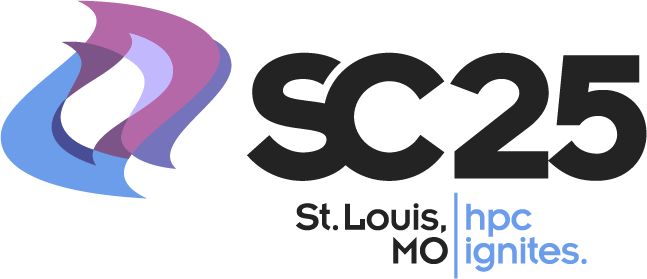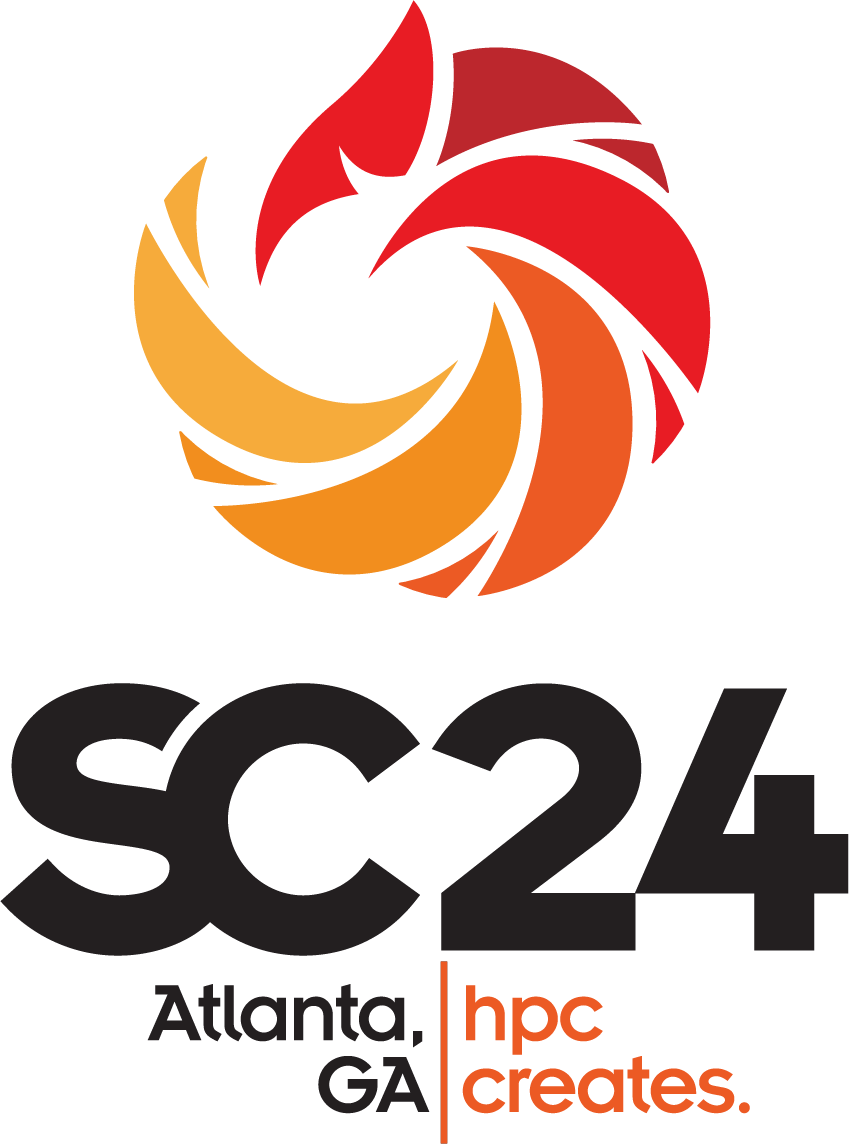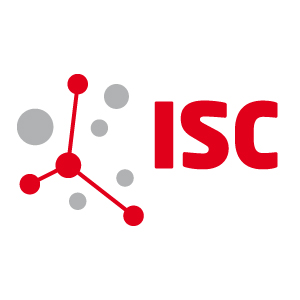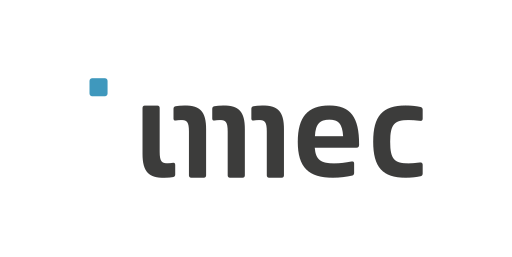PPP - The Pain of Parallel Programming
PPP aims to be a series of workshops that brings together application people to share their pain in programming parallel systems, with people working on programming frameworks and models. We hope this can lead to insights and solutions to alleviate the pain.
Birds-of-a-Feather Session at SC25
We have a BoF at SC25. This year's BoF is focused on:
- Best practices in CI pipelines, packaging, and containers
- Tools for performance monitoring, tracing and debugging
- How to detect performance degradation due to kernel, tool, or library version, slurm configurations, HW versions, environment variables?
Together with the audience, we will build a list current best practices that to avoid performance degradation, parallel programming bugs, portability failures, or parallel programming pains in general. We shift from listing pains to alleviating them
Background
Writing good parallel programs is painful. Very painful.
This is because high-performance compute systems have evolved from simple single core machines, strung together with ethernet, into multi-core, multi-accelerator, multi-level monsters. As a consequence, programming such systems means dealing with synchronization and communication overhead, load imbalance, a multitude of programming models and languages.
History of PPP
First BoF in 2024
The first instalment of PPP was held at SC24 in Atlanta. There we learned that there still is a great divide between expert HPC programmers and application domain experts.
Workshop in 2025
Therefore, we organized a follow-up workshop at ISC25 to bring those two groups of people closer together and look for solutions that can make life easier for the application developers.
The main conclusions of the ISC workshop were that there clearly is a further need for sharing tools and techniques between application experts and HPC experts.
You can find more information on this workshop, including slides on this page
Organization
- Tom Vander Aa (imec)
- Robert Lucas (Ansys)
- Antonio J. Peña (BSC and UPC)
- Roel Wuys (imec and KU Leuven)



